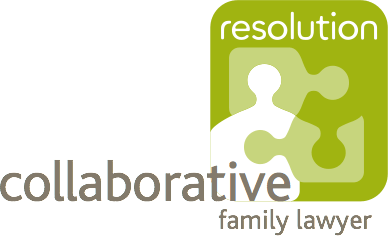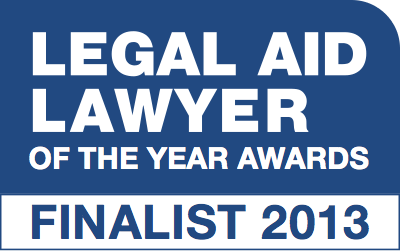How do I extend the lease on my flat?
If you own a leasehold flat, it’s important to understand the process for renewing your lease, as well as your right to do so and when is the right time to renew.
The reason this is so critical is because the time remaining on the lease can make a big difference to the resale value of the leasehold, as well as your ability to get a mortgage and also the potential cost of renewing your lease.
What is the process to renew a lease?
While you can renew a lease at any time with the freeholder’s consent, it is more common to do this via a ‘statutory lease extension’ under the terms of the Leasehold Reform, Housing and Urban Development Act 1993. This allows anyone who meets the eligibility criteria to extend their lease by up to 90 years with or without the freeholder’s agreement.
To initiate the statutory lease renewal process, your solicitor will need to prepare what is known as a ‘Section 42 Notice’ and serve this on the freeholder. This notifies the freeholder of your intent to renew the lease and your proposed terms for the renewal, including the rate of ground rent, service charges etc.
The freeholder will then have 2 months to respond with a Counter Notice, setting out their preferred terms for the lease renewal. You can choose to accept these terms or attempt to negotiate more favourable terms with your solicitor’s assistance.
If the freeholder fails to respond with a Counter Notice in time, the lease extension will then normally be granted on the terms proposed in your original Section 42 Notice.
Who is entitled to a statutory lease extension?
To qualify for a statutory lease extension, you simply need to have held the lease for a minimum of 2 years.
When is the right time to extend the lease on your flat?
Wherever possible, you should avoid allowing the remaining time on your lease to fall below 80 years. This is because if you extend the lease on a property with less than 80 years remaining on the lease, the freeholder is entitled to payment of “marriage value” on top of the other costs from renewing the lease.
Marriage value is how much the value of the leasehold will increase due to the extension and you will need to pay the freeholder 50% of this. As this amount can be very substantial, marriage value can add significantly to the cost of the lease renewal.
As it takes 2 years to qualify for a statutory lease renewal and can take several months to go through the renewal process, it is normally a good idea to only buy a leasehold property if there are at least 83 years left on the lease.
Get expert legal advice for extending a residential lease
At Atkins Hope, our experienced, reliable residential property solicitorsoffer clear, pragmatic advice for extending the lease on any type of leasehold property, as well as all other residential property transactions.
We are members of the Law Society’s Conveyancing Quality Scheme, reflecting the high quality of our property services.
For expert help with extending your lease, please get in touch with our specialist residential property solicitors in Croydon and Blackheath now.








